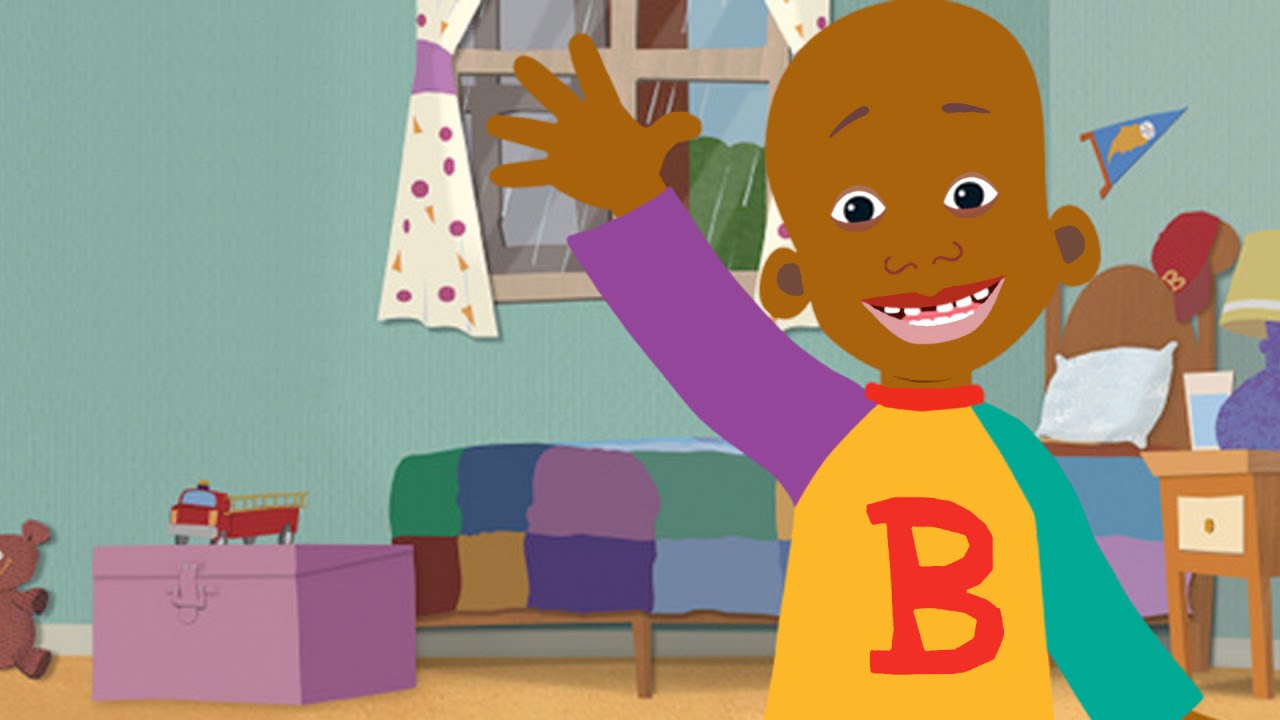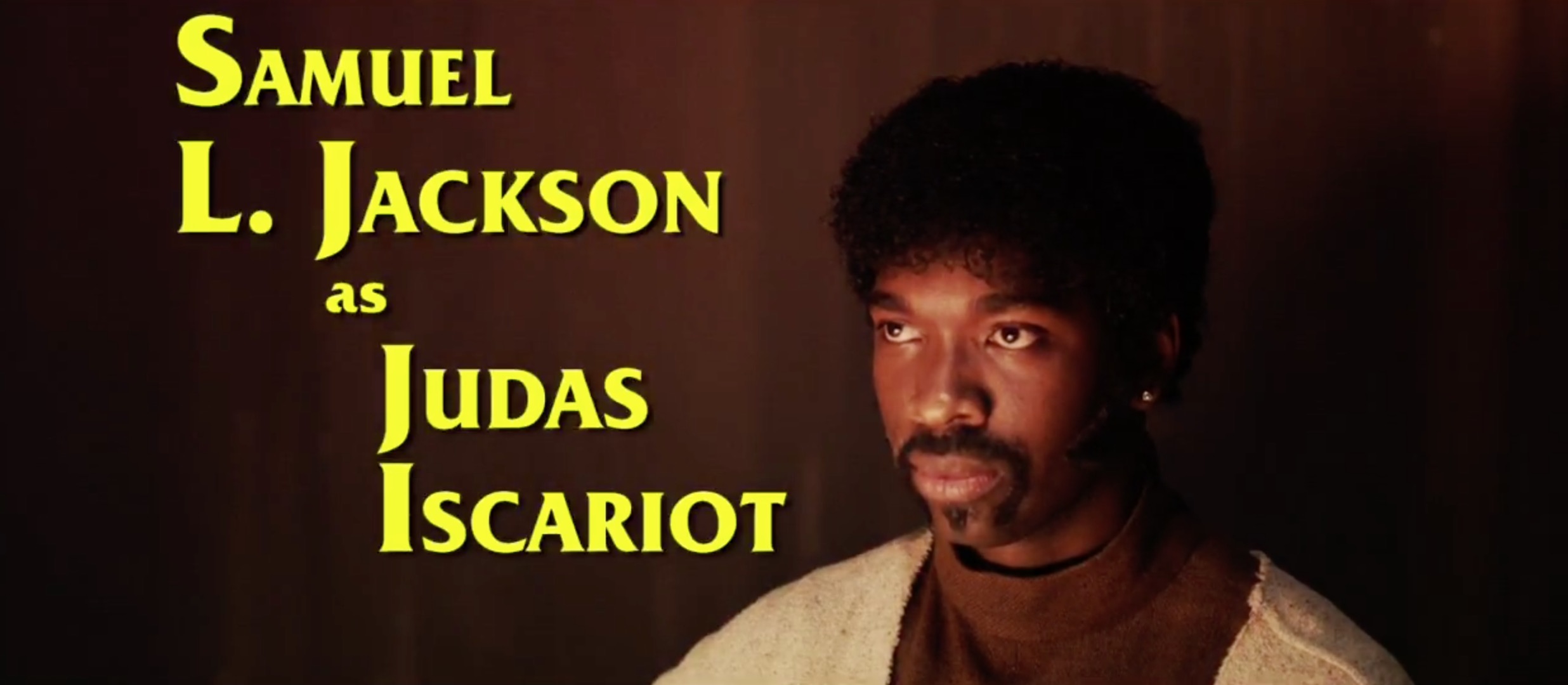
In a culture where crime television is viewed by millions, are we as a society justifying the image of the bad boys with good hearts we see on tv?
Shows, like Law & Order and CSI, provide viewers the opportunity to look into the ways in which these dangerous criminals are getting instant justice created from their criminal acts. It allows viewers to partake in the ¨whodunnit¨ and watch them be brought to justice. On the other hand, characters from popular shows such as Rip from Yellowstone or Jax from Sons of Anarchy are visibly just as bad, if not worse, but are idolized or fantasized about by millions of viewers. Has the art of television successfully tugged at viewers heart strings to make them sympathize with the criminal behaviors these characters have acted upon to create a sort of rationalization or justification? Or is society more forgiving of the more idealistic attractiveness these actors portray?
The actors clearly partake in dangerous behaviors such as violent assaults, illegal drug/weapons distribution, and murder but we also get to see a softer side of them. Their criminal image now becomes less of a violent monster and more of a relatable character you can sympathize with. The viewer’s vigilantism now shifts and becomes more of a justifiable act. They are now the anti-villain with their heroic gestures, standing their ground but realistically, still the bad guy. The behavior and the dangers displayed on television become alluring to audiences by different emotional standards. The art of showing these bad boys with a conscious has bolted that very image to a god-like complex.
But as in most shows, that bad-boy lifestyle can never remain and is usually met with some final act of crime, such as Jax, where ultimately their lives end in some overly dramatic one-last farewell exit into the afterlife. Instead of the viewers’ sense of good riddance, viewers mourn the loss of their beloved bad boys. Would actors of less physical attractiveness be as mourned as the ones on tv? Would the rich egotistical borderline narcissistic Christian Grey from Fifty Shades of Grey be as fantasized about if Christian was played by somebody less attractive? The fantasies of these men have somehow fogged the perception of right and wrong. Things that would be socially unacceptable before are now met with forgiveness. The intersectionality of the bad boy image through artistic television scripting has allowed audiences to view criminal behavior through a different lens.







The attractive bad boy is a concept I have always thought a lot about. The halo effect is something that is widely discussed in psychology and seems applicable within this context. The halo effect is when people believe that a conventionally attractive person has good traits or is a good person more so than those who are not attractive, sometimes in disregard to displayed evidence. I do think that the main reason people tend to forgive the bad boys in movies and TV shows is because they are attractive. It is the human desire to uplift and be in good favors of attractive people that causes this. Villains in horror movies or thrillers that are unattractive are largely hated by the audience. There is no forgiveness there at all. Two characters could commit the same crime but only the one that is attractive will be allowed redemption. Upon a further dissection, gender, race, and sexuality can even come into play with this. With the ideal straight, white man being the most likely to be forgiven by an audience.
While I do agree with your point that TV has glorified the ‘Bad Boy with a good heart,’ I don’t think that people would actually find these types of men appealing in the real world. I have been a part of many fandoms where this archetype has been present, like Klaus in The Originals/The Vampire Diaries, and this has actually been a topic of discussion on many social media platforms among these fandoms. However, from what I have seen, many only like this archetype because they aren’t real and they know that these crimes that they have committed weren’t actually done. In real life, someone’s crimes aren’t dismissed simply because they handed the protagonist their favorite flower. Of course, this doesn’t mean that their words translate to their actions, but if they were to dismiss their crimes, there is a different issue going on and can’t be blamed on just TV.
This is a very interesting perspective on a phenomenon that has been a major topic of conversation lately. We see it happening over and over again, both towards fiction-based shows such as the ones mentioned above, but also with more documentary styled shows depicting real cases and real people. I remember when the Ted Bundy movie came out, and instead of people talking about the nature of his crimes, his victims, or even who he was as a person, the discourse mainly focused on the looks of Zac Efron, the actor who portrayed him. Maybe you are right in saying that physical attractiveness plays a large role in the audience response towards these “bad boys”. However, I personally believe that it has less to do with their looks, and more to do with the simple fact that we are getting to know them. When reading a news article about a murderer, we rarely get to hear about who they are. We might get a few glimpses into the motivation behind their crime, but not intro their actual personality. We do not see them interact with their loved ones, wake up in the morning, play with a puppy, go to the grocery store for their partner or tuck their children in at night; we are shielded by all their actions which makes them human. When confronted with the other parts of their lives, the parts that do not focus solely on crime, we stop seeing them as horrific monsters and instead start to realize that they are in fact real, complex and multisided people, making it much harder to blindly hate them.
Interesting take on this, as I think that the media does have a problem with the glorification of bad boys. But I would add that it’s not all fiction, as a lot of these killers’ attractiveness is what enabled them to become serial killers, thieves, etc. I think that media is somewhat portraying what is already a version of reality and we should not blame the media for it but take a look at ourselves and our obsession with looks and aesthetics that weigh heavier than actual character and personality. For most people at least.
This article points out something that I think is a real issue in today’s media. There seems to be a glorification of and obsession over criminal or immoral characters in media, and as you mention I think it has a lot to do with the attractiveness of the actors portraying the characters. The main example that comes to mind is the relatively recent popularity of Jeffrey Dahmer following the release of the show. Even though he was a truly horrible person, people on social media have made fan edits of him and appear to be sympathizing with him, which some articles account for using research that indicates people are more likely to trust people they deem to be attractive.
Hi Shannon! It is interesting to consider the impact that popular crime television shows have on our society’s perception of criminal behavior. While these shows often portray the bad boys with good hearts, we must remember that they are still engaging in dangerous and illegal activities. The fact that viewers sympathize with these characters raises questions about whether or not we are justifying their behavior. Additionally, the portrayal of these characters as attractive and relatable may contribute to their glorification and idolization by viewers. It is important for us to maintain a clear understanding of right and wrong and not let the portrayal of these characters in the media cloud our judgment.